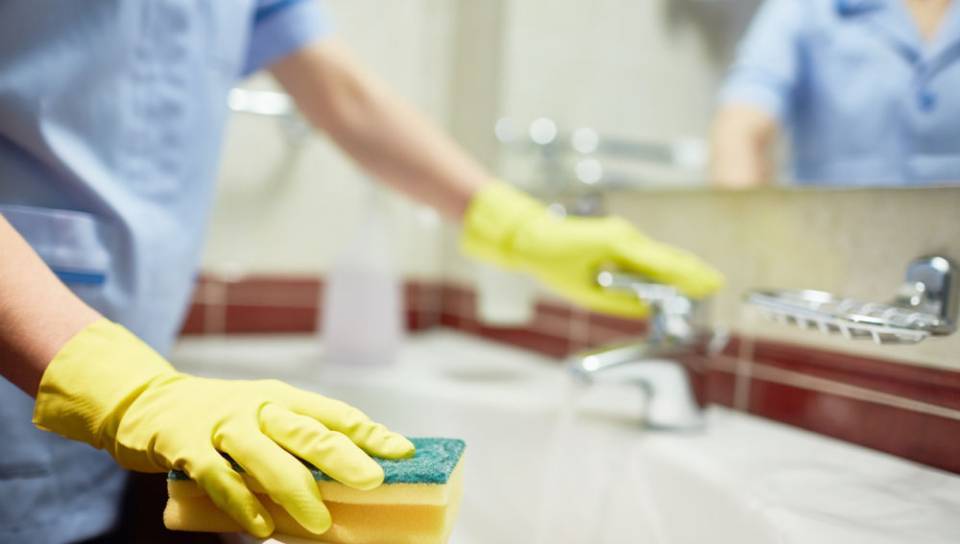Obsessive compulsive disorder (abbreviated as OCD) is a common mental illness that can cause a great amount of suffering in those who have it, and in those around them. A common type of OCD is contamination or cleanliness OCD. These people have excessive fears related to dirtiness and they compulsively wash their hands or other parts of their bodies. Another of the most common types of OCD is an obsession with potential harm, which means that those affected have an excessive fear that something very negative will happen to their loved ones, and they will be responsible. These two types of OCD could be particularly affected during the COVID-19 pandemic.
What should people do if their OCD worsens during the pandemic? First of all, it is recommended that you don't try and deny it. Instead, accept that it is possible that symptoms will worsen during this period. Many people with OCD see their symptoms worsen in stressful situations, and this pandemic is a source of stress for almost everyone. It is better to try and have caring, compassionate thoughts towards yourself. Nevertheless, if there is a serious worsening of your OCD, you should contact the professionals who usually provide your treatment.
If you are receiving psychological or pharmacological treatment for your OCD, you should try to continue this treatment. If you cannot see the professional who normally treats you, whether due to a situation of lockdown or because your symptoms make you too afraid to go to a healthcare centre, you should try to maintain contact and continue with the treatment via telephone or online.
When a person with OCD is receiving psychological treatment for their condition, it should ideally include what is known as ‘exposure with response prevention’, in other words, facing the situations that produce fear and ceasing the compulsions or rituals. This can be complicated during this period, but there are some guidelines that can be useful, for example separating the cleaning behaviours recommended to protect against the virus, which are healthy, from the excessive behaviours that are part of OCD. It is very likely that certain obsessions with contamination or cleaning behaviours have increased during this period.
As a general guide, you should wash your hands with soap and water for around 20 seconds if you have left the house, or if you have been in contact with people from outside. If you have not left the house, you should limit the number of times you wash your hands. If you are unsure, you can do it only at certain times, such as before and after eating, or after sneezing or blowing your nose. It is also important to follow the advice to wash your hands for 20 seconds, but not for any longer. If this is difficult, you can ask someone close to you to tell you when 20 seconds is up.
One of the other hygiene measures recommended during this period is disinfecting certain surfaces in the home. In the case of people with contamination OCD, they should try to only clean the surfaces that are regularly in contact with the hands. If the surfaces are not in contact with the hands, or if you haven't left the house and nobody has entered, this should be avoided. This disinfection should not take more than a few minutes a day.
The significance of negative thoughts about the coronavirus during this period should be highlighted. You shouldn't force yourself to not think about the coronavirus, as this can have the opposite effect and make you think of it more often. It is preferable to accept that you will have these thoughts, let them come, and then allow them to disappear after a while. Nor should you avoid receiving information related to COVID-19, because this is very difficult and will probably make you even more attentive. It is, however, recommended that you dedicate a maximum of 10 minutes a day to the topic.
Finally, if the person with OCD feels that their general anxiety and stress levels have increased due to lockdown, they can do physical exercise, or try relaxation and breathing techniques. The key is to do this regularly, at least once a day. Furthermore, it may also be very useful to request help from family members or friends who have similar problems, even if you have to communicate via telephone or internet.
Author: Dr Miquel A. Fullana, psychologist at the Institut Clínic of Neuroscience.




